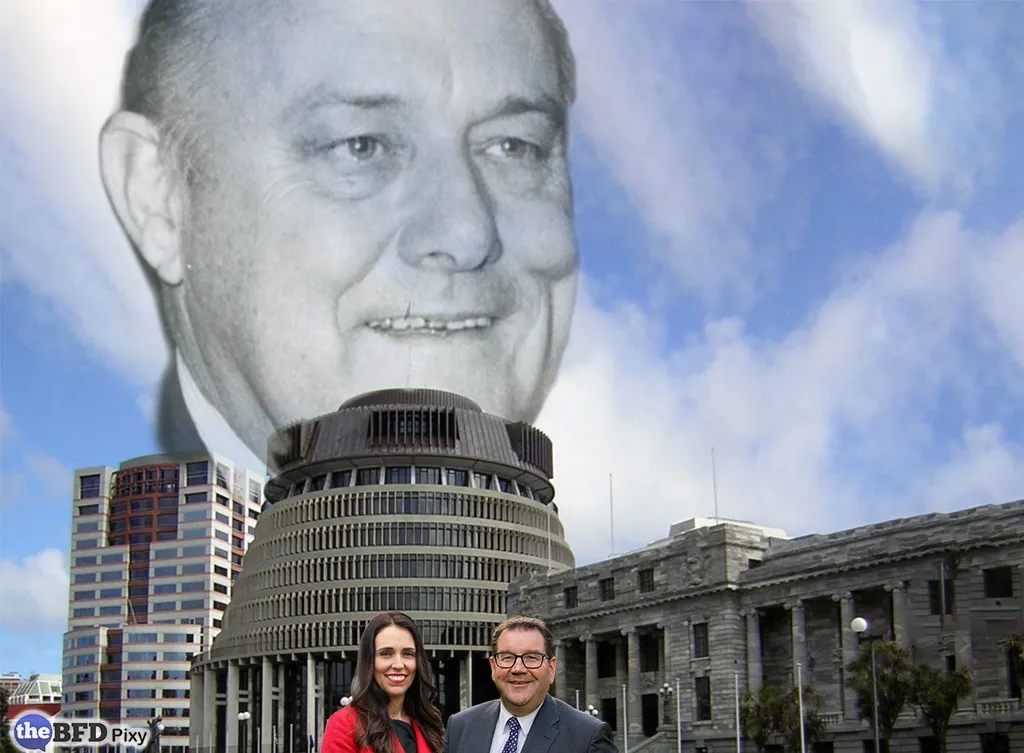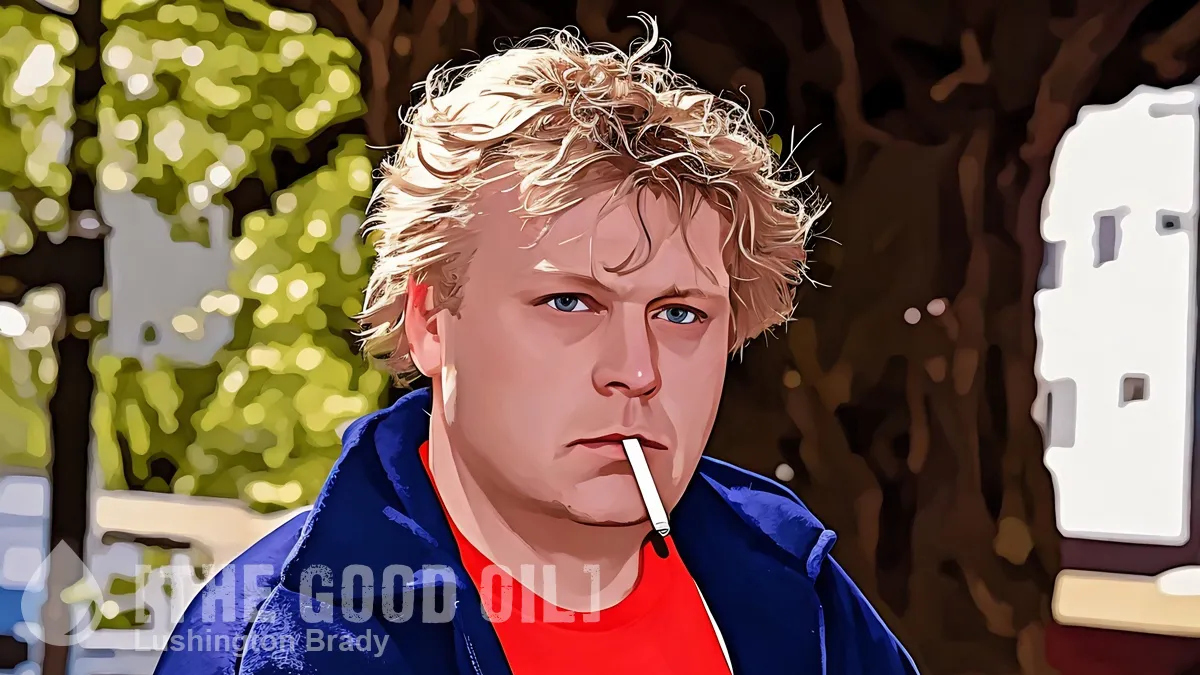Table of Contents
Writing in Insight Politics this week about ‘radical conservatives’ and ‘liberal conservatives’, Chris Trotter obfuscated the nature of the debate the National Party should be having but isn’t. The right side of politics, such as it currently is, has never comprised the two illusory groups which Trotter mentions. The National Party, as with the Liberal-National Coalition in Australia, comprises only ‘conservatives’ and ‘liberals’. And they are unnatural bedfellows.
There is no such thing as a ‘radical conservative’. The whole notion is a contradiction in terms.
Conservativism, as Roger Scruton points out, can be elegiac, like the lamentations of Jeremiah. “And mourning is sometimes necessary; without ’the work of mourning’, as Freud described it, the heart cannot move on from the thing that is lost to the thing that will replace it.” But conservatism is not only about that which we have lost, but also about the things we have retained and – in practical terms – how we can hold onto them. There’s nothing at all ‘radical’ about that.
Liberal thought is in many ways conservatism’s opposite, and was for decades its parliamentary adversary. It was the Whig, or liberal, party of Gladstone which stood in opposition to the Tory, or conservative, party of Lord Salisbury. And it was out of the Liberal Party that the Labour Movement grew into the Labour Party. This entity when fully formed, as one might expect of a sociopathic teenager, turned and cannibalised its parent. Liberal Labour is, of course, the modern day liberal’s natural pairing.
Trotter identifies conservatism’s three ‘F’s’ as ‘Faith’, ‘Family’ and ‘Free Markets’, though this is only partially correct. Faith, in our context, is specifically the Christian faith – which is why in interviews on left-wing news networks no one is ever challenged about the other ‘Big Three’ faiths – Marxism, secular atheism and Islam.
Family is the institution which the left most wishes to destroy, and it is no coincidence that Miss Ardern is both an international poster girl for unmarried motherhood and a promoter of policies which encourage ‘victimhood’ and promote state dependency for the individual.
The free market, while important, is, in fact, a sub-set of the biggest ‘F’ of all, which Trotter never mentions. That ‘F’ is Freedom. Todd Muller, it seems, isn’t big on freedom, and in promoting the same suite of policies as Labour he is ensuring our national commitment to centralised planning. And our servitude to Muldoon-style government – on both ‘sides’ of the political convergence. I say ‘convergence’ because now, more than ever, there is no political ‘divide’.
If you enjoyed this BFD article please consider sharing it with your friends.









